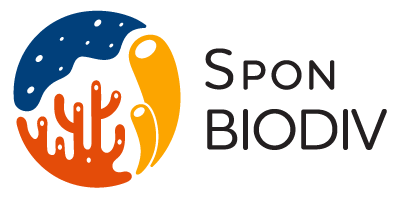

Investigador
Patricia Cardoso graduou-se em Biologia em 1998 e concluiu o Doutoramento em 2005, em Ecologia Estuarina. Especializou-se em estudos de longo-prazo em comunidades bentónicas em resposta a múltiplos fatores de stress. Desde 2015, como investigadora sénior no Ciimar, os seus principais interesses de investigação passam pelos estudos dos efeitos combinados das alterações climáticas e contaminantes emergentes (ex. hormonas esteroides, PFAS) na estrutura e funcionamento de ecossistemas aquáticos. É autora de mais de 65 publicações publicadas em revistas internacionais revistas por pares (h index = 29, > 3400 citações) e 7 capítulos de livros. É, também, editora convidada da edição especial da Toxics :”Toxic Effects of Persistent Endocrine Disrupters in Coastal Ecosystems” (http://www.mdpi.com/journal/toxics)









